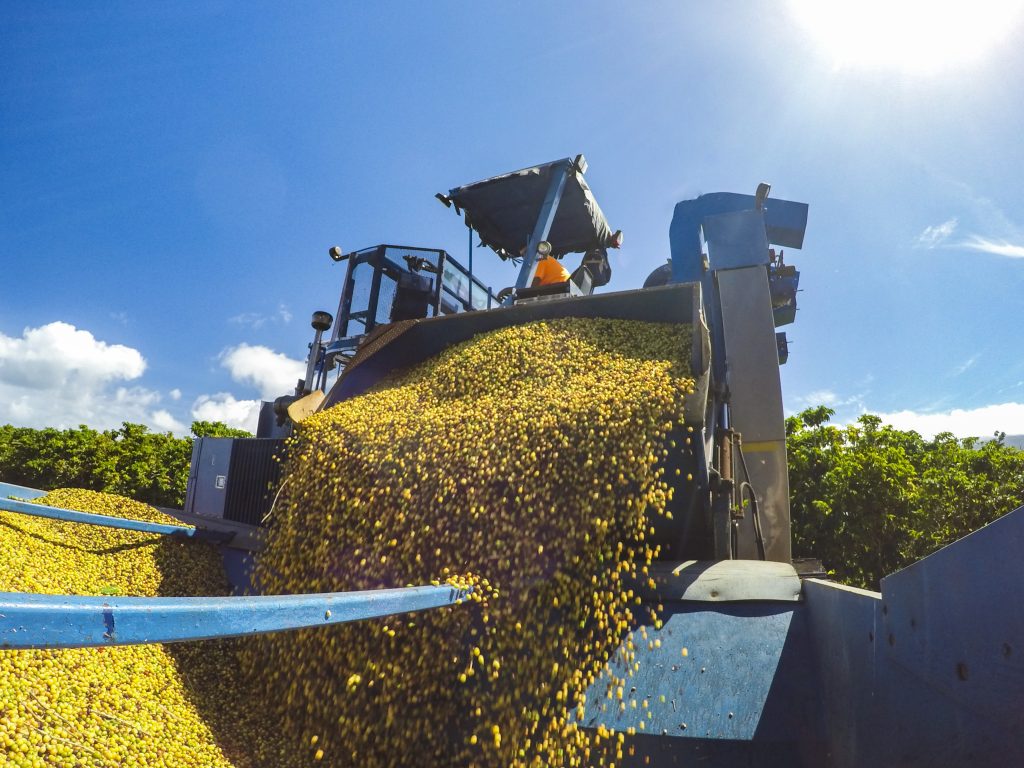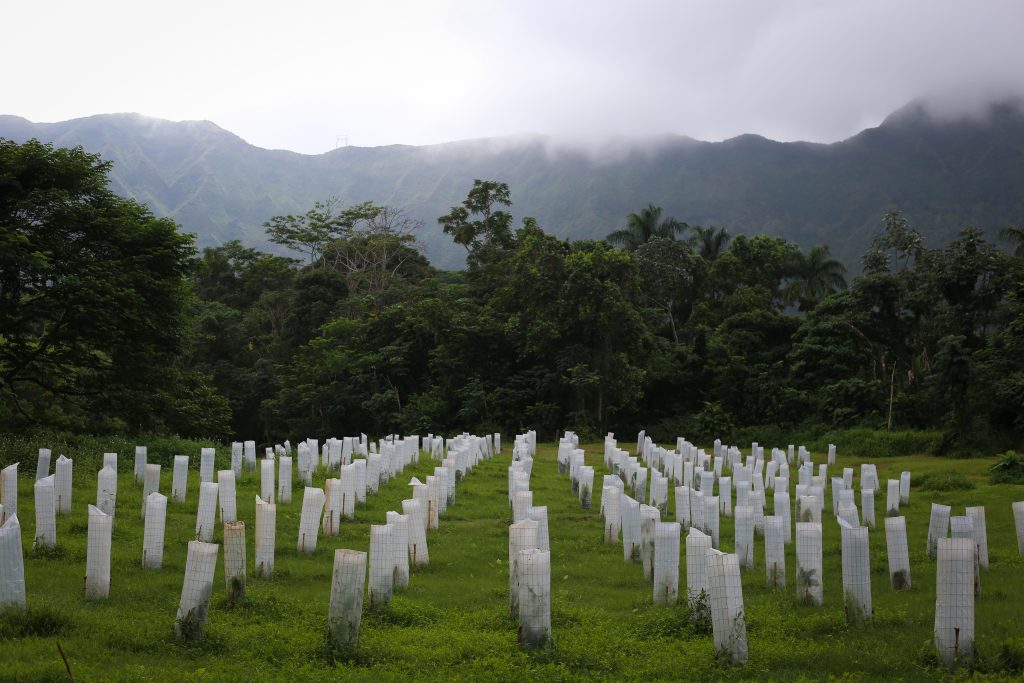站在科學與創新 尖端的夏威夷
在夏威夷進行的咖啡研究直接反映當地需求。自 20 世紀 50 年代 咖啡研究成為夏威夷合作廣泛服務協會(Hawai‘i Cooperative Extensive Service)的重點以來,這就是實際的狀況。在當時, 重 要 的 研 究 已 開 始 探 索 對 於 像 是 修 剪、 施 肥 和 線 蟲 控 制 的 需 求。最 近,當咖啡果小蠹於 2010 年登陸夏威夷後,夏威夷大學 (University Agriculture and Human Resources)、美國和夏威夷 農業部太平 洋地區研究中心(Pacific Basin Agricultural Research Center)和 數個公立及私立組織,和全世界的研究人員一同合作, 發展專為夏 威夷獨特環境設計的最佳管理實踐。
替夏威夷創造新的培育品種一直是基因研究的主要重點。夏威夷 農 業研究中心(Hawai‘i Agriculture Research Center)在 20 世 紀 90 年代開始調查培育全新且潛在防範銹病的品種。第一個穩 定在本州 培育的夏威夷品種稱為瑪莫(Mamo,原意是夏威夷語 的「後代」),在 2017 年於市場亮相。瑪莫是「摩卡」和「巨型 象豆」的第五代雜交育種,被認為具有獨特的風味和優質大小的 咖啡豆。
近年來,已著手探討許多其他研究主題。研究人員鑽研咖啡樹基 因改造、影響咖啡品質的製造過程、提升和穩定產量的創新修剪 方式、加工處理設備和烘焙機的工程技術,以及控制並影響開花 數量的潛在因素。
在夏威夷科學家進行有系統的對照實驗,同時也進行了許多非正 式的實驗。農民們藉由在水洗槽加入特定的酵母菌株控制發酵, 建造特殊工坊控制蜜處理過程,並且嘗試各式各樣可提升植物營 養或抵禦蟲害的產品。隨著全球對於優質精品咖啡豆的需求增加, 夏威夷的研究人員亦整體咖啡產業知識做出貢獻,協助全球的咖 啡農一同邁向更美好的境界。


Following are some coffee research and resources in Hawaii:
Daniel K. Inouye U.S. Pacific Basin Agricultural Research Center (PBARC)
- Economic Impact of Manipulating Flowering
- Increasing Genetic Resources for the United States
- Coordinated Approach to Leaf Rust
- Rapid Response to Leaf Rust
- Area-wide IPM for Berry Borer Control under Variable Landscapes in Hawaii's Growing Regions
- On-Farm Validation of Harvesting as a Control Practice for Berry Borer Infestations
UH Cooperative Extension
- Hawaii Ed is a website devoted to sharing Hawaii-based coffee research with local farmers.
Synergistic Hawaii Agriculture Council (SHAC)
- SHAC is administering a $6 million grant in funding from the U.S. Department of Agriculture (USDA) National Institute of Food and Agriculture (NIFA) Specialty Crop Research Initiative (SCRI) grants program to the Synergistic Hawaii Agriculture Council (SHAC) to address Leaf Rust (CLR).
- SHAC and the Hawaii Association (HCA), along with funding from the Foundation for Food & Agriculture Research’s (FFAR) Rapid Outcomes from Agricultural Research (ROAR) programme, is pursuing a multi-pronged response to CLR.
- Hawaii Ed is a website devoted to sharing Hawaii-based coffee research with local farmers.
